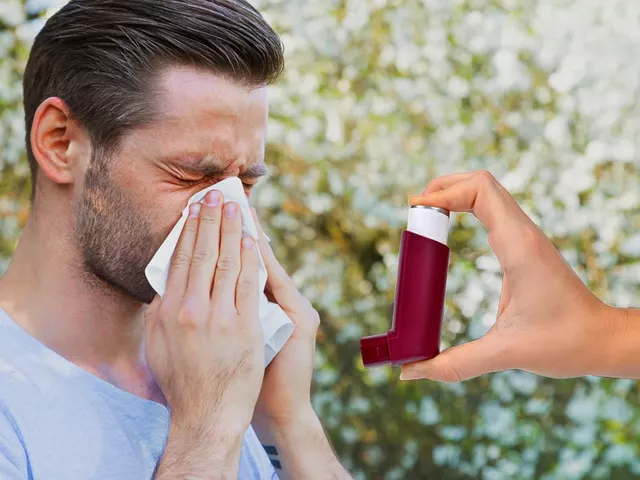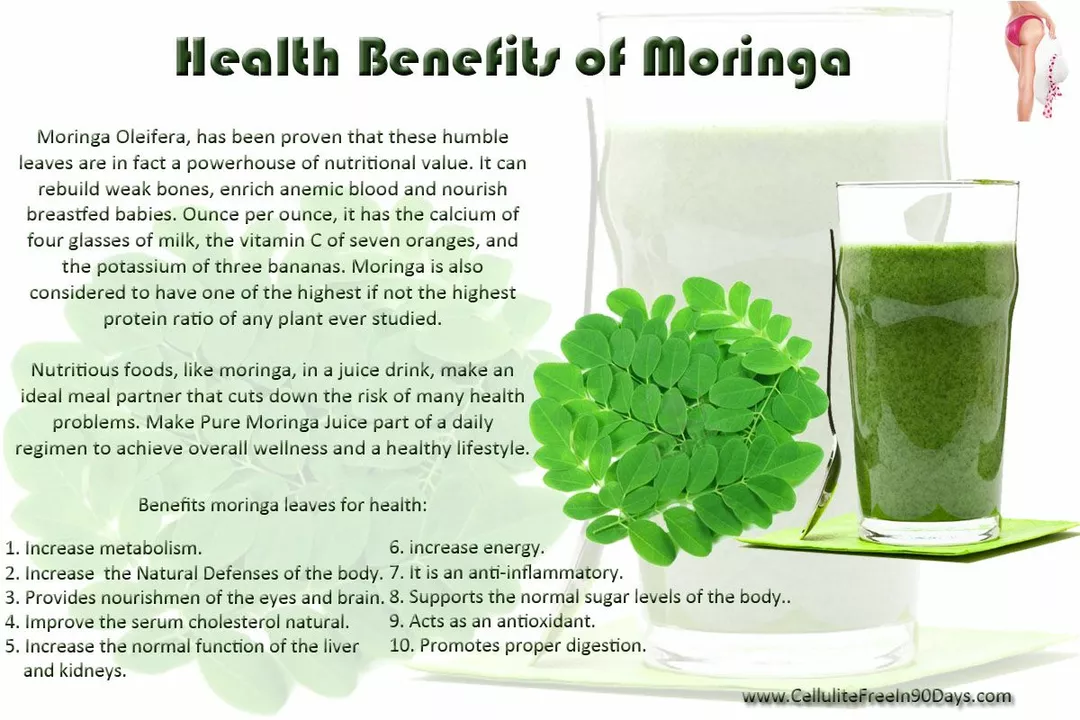Natural remedies that work: safe tips and real guidance
Want natural remedies that actually help and won't cause trouble? This tag collects clear, down-to-earth guides on herbal and supplement options, how to dose them, and what to watch for if you take prescription meds.
Not every "natural" product is harmless. Some herbs can interact with antidepressants, blood thinners, or antibiotics. Other supplements vary wildly in quality. Use these short rules when you try anything new: start low with the dose, track how you feel, and check for interactions with your current drugs. If you’re pregnant, nursing, or have chronic disease, ask your clinician first.
Quick, practical checks before you try a remedy
Look for third-party testing (USP, NSF, or similar) on the label. That reduces the chance of contamination or misleading doses. Read the active ingredient and serving size—some products hide how much of a compound you actually get. If the vendor promises miracle cures or one-day results, be skeptical. Proven supplements usually show modest, steady benefits, not instant changes.
Watch for common interactions: St. John's Wort can cut levels of many prescription drugs; some herbal laxatives change how other meds are absorbed; and high-dose fish oils can thin the blood. Use an interaction checker or ask a pharmacist if you’re unsure.
What you'll find here (and how to use it)
We’ve published practical pieces on several natural options. For example, our tansy article explains safe dosing and signs of toxicity so you don’t guess wrong. The Calanus oil post walks through why this newer omega-3 source might fit people who don’t tolerate fish or krill oil. For joint support, check the glucosamine sulfate guide—real tips on choosing a product and combining it with exercise and weight control. We also explain supplements like Calcium D-Glucarate and where they may help your body’s detox processes.
Every article focuses on three things: what the evidence says, realistic benefits you can expect, and clear safety steps. That means you’ll get specific dose ranges where available, signs to stop, and common side effects to watch for. We don’t sell miracle cures—just practical, evidence-minded advice so you can make good choices.
If you want the quickest route: pick one change at a time, keep a short symptom diary for two to four weeks, and compare how you feel. If something makes symptoms worse or you spot new side effects, stop and consult your doctor. For deeper reads, click the linked guides under this tag to get full dosing details and study-backed notes.
Got questions about a specific supplement or how it mixes with a medication? Use the contact page and we’ll point you to the best resources on MedsEngage or explain common interactions in plain language.
Why Usnea is Your New Best Friend for Overall Wellness
I recently discovered Usnea, and I must say, it's quickly becoming my new best friend for overall wellness. This amazing lichen has powerful antibacterial and antiviral properties, making it an excellent natural remedy to support our immune system. Not only that, but Usnea also aids in respiratory health by reducing inflammation and soothing irritated tissues. Plus, it's a fantastic source of antioxidants, which we all know are essential for maintaining overall health and preventing various diseases. So, if you're looking for a natural way to boost your wellness, Usnea is definitely worth a try!
About
Natural Remedies and Supplements
Latest Posts


Preparing for a Kidney Transplant: Evaluation, Waitlist, and Living Donors
By Marcel Kornblum Dec 19, 2025

Bepotastine for Allergy-Induced Asthma: Can it Help?
By Marcel Kornblum Apr 27, 2023

Cleocin (Clindamycin) vs. Alternatives: A Practical Comparison
By Marcel Kornblum Sep 29, 2025

